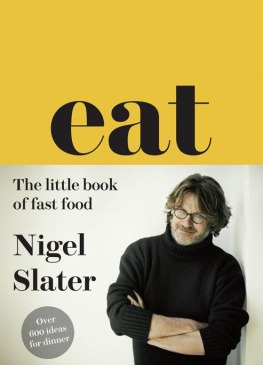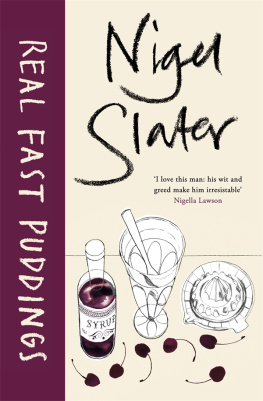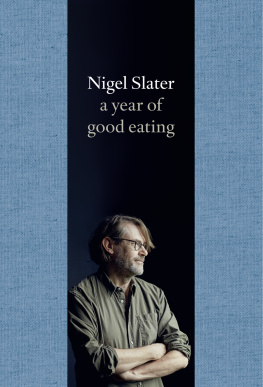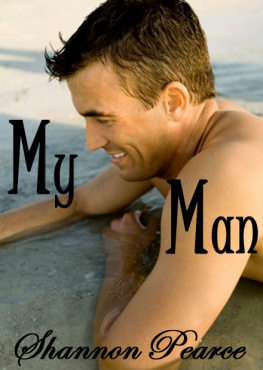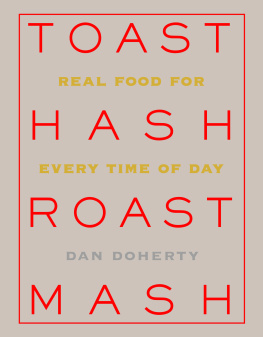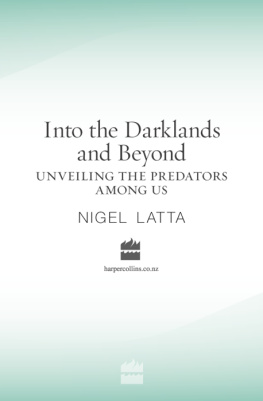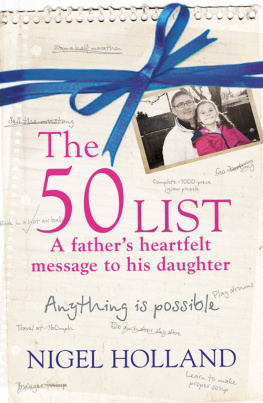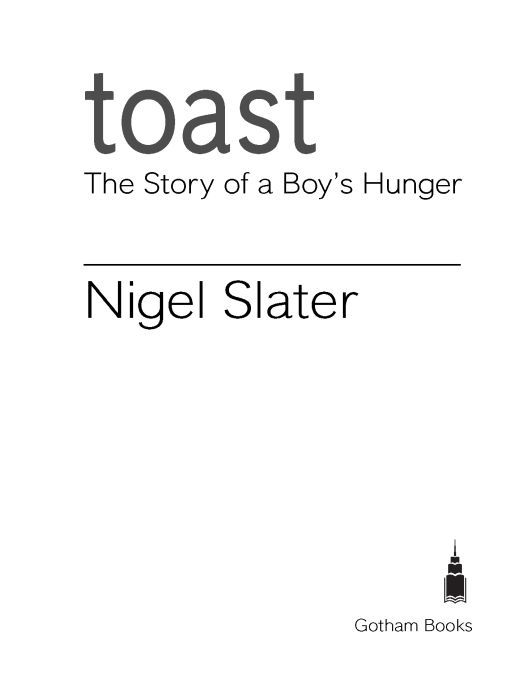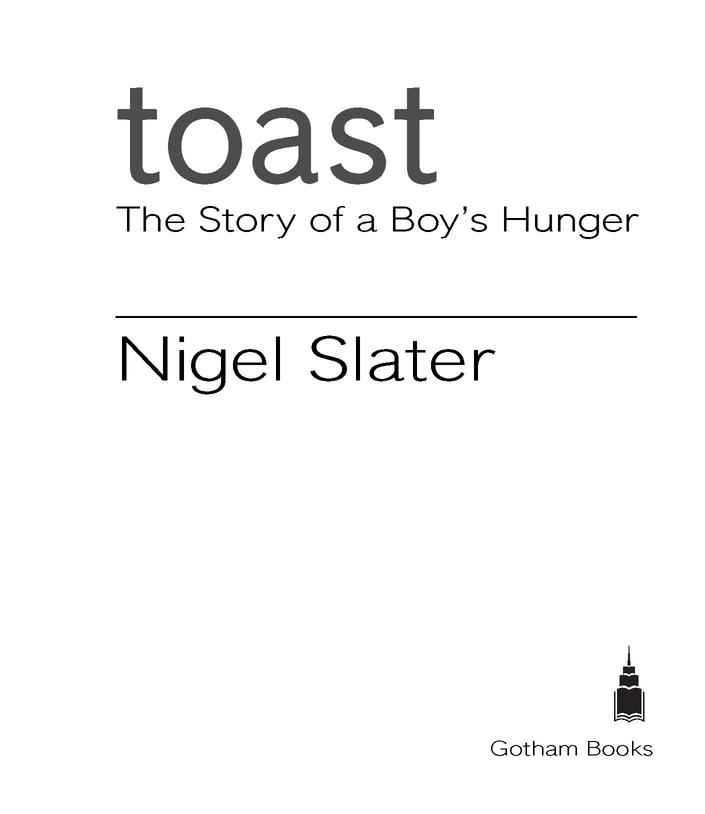Table of Contents
Nigel Slater at his unpretentious, delicious best.
Nigella Lawson
Using prosaic touchstones like milk skin, tinned fruit, and bad apple crumble, Slater recounts his harsh coming-of-age in... unsauced sentences. Toast will leave you with a newfound belief that chef Jamie Oliver, who has proclaimed Slater a genius, has good taste in more than just arugula. Elle
Convincing, engaging, and rich with detail, Slaters prose lets readers taste the pink marshmallows, smell the freshly baked oat cookies, and feel the crunch of green beans. Paced as superbly as a seven-course meal, able to engage the heart and the memory as well as the taste buds.
Kirkus Reviews
Slaters spare, brutally honest... emotionally powerful memoir is sure to please anyone who enjoys superbly written food-flavored biographies. Library Journal
An inspired memoir, boil-in-the-bag Proust!
Tim Adams, The Observer
This artful, disconcerting, endearing book deserves a place in the literature of childhood unhappiness and survival against the odds. Daily Telegraph
A vivid record of people whose lives never warrant the study of historians, biographers or even novelists... wonderful... extraordinary.
Matthew Fort, The Observer
Also by Nigel Slater
Real Fast Food
30-Minute Cook
Real Cooking
Real Good Food
Nigel Slaters Real Food
Appetite
Thirst
For Digger, Magrath, and Poppy with love
In memory of Elvie 1902-2002
I WOULD LIKE TO THANK Louise Haines, Araminta Whitley, and Allan Jenkins for their support, patience, and encouragement, and Justine Picardie, who commissioned the short story, first published in the Observer, on which this book is based.
Preface to U.S. Edition of Toast
WRITE A PIECE about the food of your childhood, will you? asked the (then) editor of my weekly food column in Londons Observer newspaper. I liked the idea and went out and bought the candies and puddings that, some thirty years ago, had been such an important part of my diet. Some I still ate as an occasional treat; others I had not had my tongue around for twenty years or more. As I unwrapped each sticky chocolate bar or sucked each brightly colored candy, the memoriessurprisingly clear and loudflooded back. This would be easy, I thought. A painless column to write after several years of penning weekly recipe-led pieces.
At first it was all straightforward enough. Oat cookies reminded me of coming home from school; green beans brought back the smell of the farm were I was sent to pick them; Turkish Delight reminded me of Christmas. In that respect it was not dissimilar from other foodie memoirs. But the more I ate the more I realized that not every mouthful produced a memory so sweet. A dish of canned raspberries revisited a violent thrashing from my father that brought me to a point of near collapse (I had spilt them and their scarlet juice on the new gray carpet, and he was distraught from being newly widowed); cream-filled Walnut Whips hit back with an embarrassingly vivid recall of early sexual voyeurism; and the soft pink marshmallows I had not eaten since I was nine I found to be inseparably linked with my late moms goodnight kisses.
I decided to take a chance and made the piece uninhibitedly personal. I linked the food not just with events but with feelings, warts and all, and even chucked in a fair helping of sex. I handed the column in.
A half hour later the phone rang. I knew it was my editor even before I picked it up. Its about the story, she said. Immediately I gabbled at her, saying that I was sorry, I knew it was too intimate and was out of style. I offered to rewrite it, taking out all the memoir and sticking strictly to the food. No, she insisted, I love it. Im going to publish it exactly as it is.
The morning after the piece, now called My Life on a Plate, came out, Louise Haines, my literary editor who had worked on all of my cookbooks, called to say that she had read the story and thought I should write it as a book. We were in the depths of finishing Real Food, my fifth cookbook and one that tied into my television cooking series at the time. Overloaded with work, we put the idea of the memoir on the back burner.
Forget salt and pepper, garlic and lemon. The most successful seasoning for what we eat is a good pinch of nostalgia. Ask anyone about the foods they grew up with and you will unleash a torrent of (mostly) happy memories. I must admit that I knew this when I finally set out to write Toast. To punctuate the story of a childhood memoir with brand names of the chocolate and candy and recipes that were household names at the time would be sure to ring a few bells.
I suppose it is perfectly appropriate that I should have chosen food as the blood in my memoirs veins. I have always worked with the stuff; first in restaurant kitchens, and then as a food writer. I have had a weekly newspaper cooking column for over a decade, written for glossy magazines, and have published several cookbooks, the first of which, Real Fast Food, is now in its twenty-eighth printing. Food has been my career, my hobby, and, it must be said, my escape.
Yet most people were more than a little surprised that I should write such a personal book at all. Despite my work being well known in the UK, I had never taken (and never will take) the celebrity route. I had devoutly refused to play the game, to attend food symposiums, join writers guilds, present cooking demonstrations, or do the cooking circuit. I would go to any length to avoid a photo shoot or a seminar and would rather eat feathers than attend an awards ceremony. Even when I was up for a medal.
There were times, especially toward the end of writing, when I questioned the appropriateness of such a project. When a cooking writer pens his autobiography it is invariably written with a freshly baked, rosy glow. Tales of baking at their mothers knee is what is expected. Then there is the obligatory early morning trip to the market with your wicker basket complete with vignettes of the woman at the charming little cheese stall and going home with a laden basket and a crusty French loaf. Yet I had not written about any of that. I had waxed lyrical not about the vast cups of steaming caf au lait and light-as-a-feather croissants, but of the canned meat pies my father unsuccessfully attempted to bake; the fried eggs with which I was force-fed until I vomited; and the cookbooks that, as an adolescent, I used in lieu of pornography. At one point in the book, more food seemed to come up rather than go down. In addition to that, the manuscript was tinged with sadness. Both my editor and my agent, the only two people to see the then-unfinished manuscript, admitted they had both been brought to tears.
Perhaps I should take the chocolate-chip-cookie memoir route instead? And there was another salient point. Why would anyone who worked so hard at keeping a low profile and preserving their privacy choose to write a book that could, at the very least, be described as intimate? Revelations, indiscretions, and recollections that even my most devout supporters might file under too much information. I dont know what made me finish it. All I know is that I did.


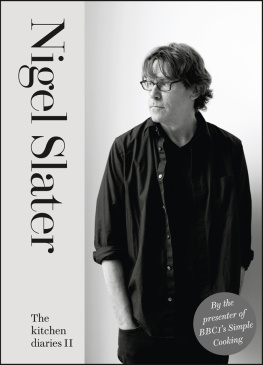
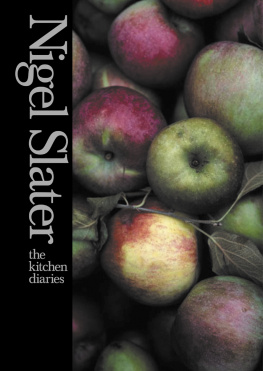
![Nigel Slater - A Cooks Book: The Essential Nigel Slater [A Cookbook]](/uploads/posts/book/441033/thumbs/nigel-slater-a-cook-s-book-the-essential-nigel.jpg)
